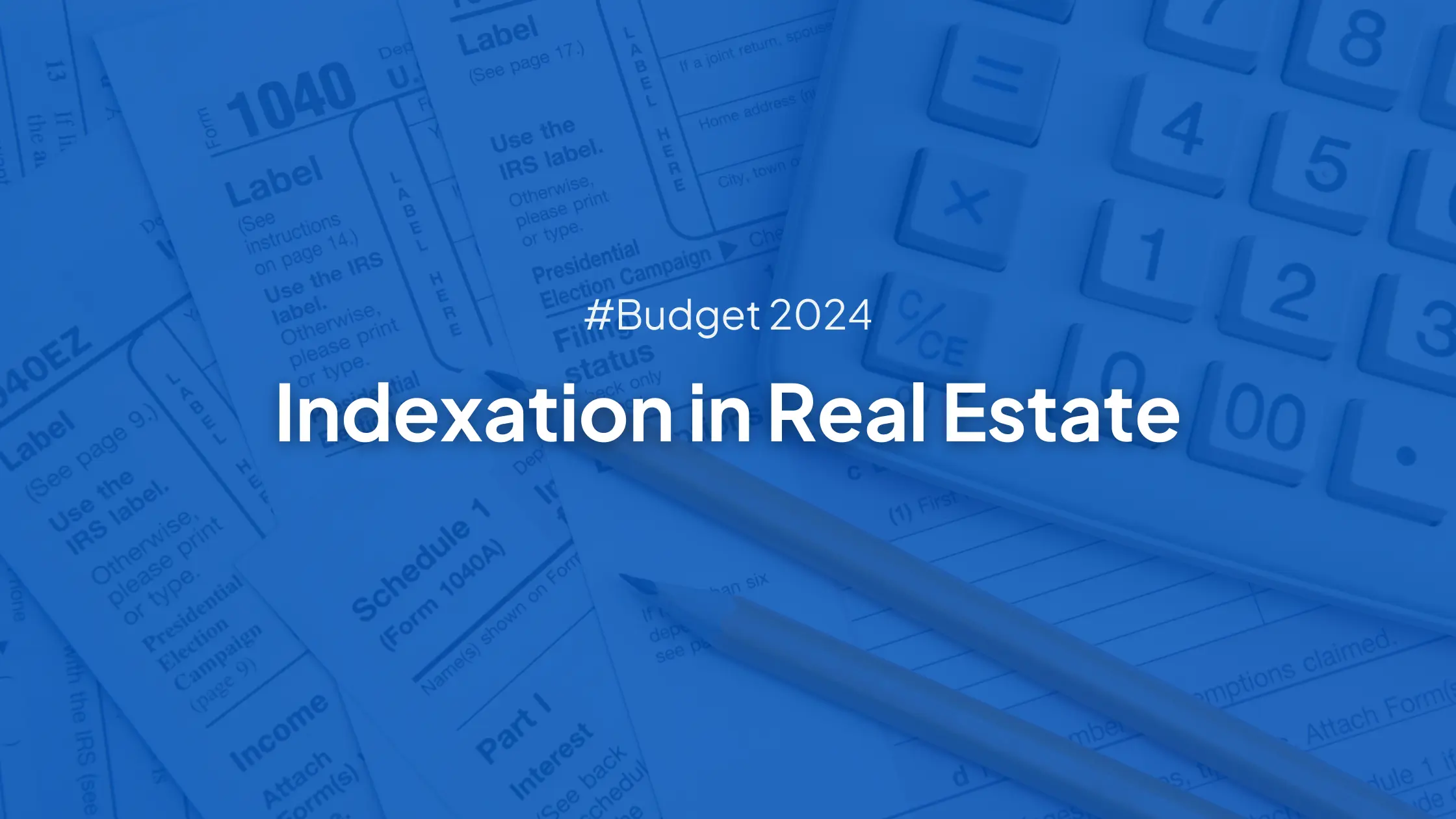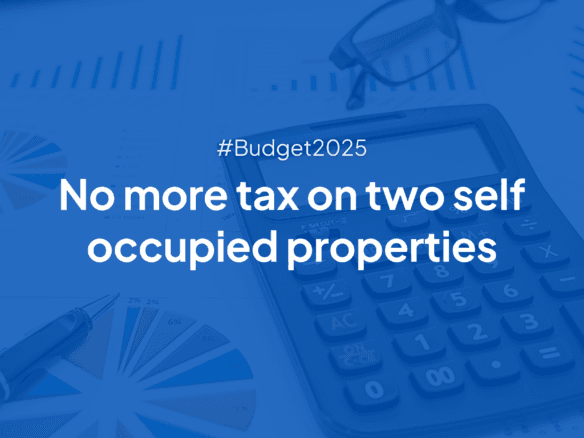Indexation is a critical concept in the world of real estate investments in India. It allows investors to adjust the purchase price of their property to account for inflation, ultimately reducing the capital gains tax liability when the property is sold. This adjustment can significantly impact the overall returns on a real estate investment, making it an essential consideration for property investors.
What is Indexation?
Indexation refers to the process of adjusting the purchase price of an asset to reflect inflation, thereby calculating the long-term capital gains tax more accurately. In the context of real estate, indexation uses the Cost Inflation Index (CII) provided by the Government of India to adjust the original purchase price of the property.
How Does Indexation Work?
Let’s delve into a practical example to understand how indexation works in real estate.
Example:
Imagine you bought a property in 2010 for ₹50,00,000 and sold it in 2023 for ₹1,20,00,000. The Cost Inflation Index (CII) for 2010 was 167, and for 2023, it is 348.
Step 1: Calculate the Indexed Cost of Acquisition:
Indexed Cost of Acquisition= 348/167×50,00,000
Indexed Cost of Acquisition=2.0838×50,00,000 = ₹1,04,19,000
So the Indexed Cost of Acquisition is ₹1,04,19,000
Step 2: Determine the Long-Term Capital Gain (LTCG):
Long-Term Capital Gain (LTCG)=Sale Price−Indexed Cost of Acquisition
Long-Term Capital Gain=₹1,20,00,000−₹1,04,19,000
Long-Term Capital Gain=₹15,81,000
Without indexation, the capital gain would have been:
Capital Gain without Indexation=₹1,20,00,000−₹50,00,000
Capital Gain without Indexation=₹70,00,000
By using indexation, the capital gain is significantly reduced from ₹70,00,000 to ₹15,81,000, resulting in a much lower tax liability.
Read about how to improve your personal finances through real estate investments
Tax Implications of Indexation
The tax implications of indexation are profound. Prior to 2024 budget in India, long-term capital gains (LTCG) on the sale of property held for more than two years are taxed at 20% after allowing for indexation. By reducing the taxable capital gain through indexation, the amount of tax payable is significantly lowered.
Using our example:
Without Indexation: Tax Liability=20%×₹70,00,000=₹14,00,000
With Indexation: Tax Liability=20%×₹15,81,000=₹3,16,200
In this scenario, indexation helps the investor save ₹10,83,800 in taxes.
In the Budget 2024-25, the Union Finance Minister has removed the indexation benefit for homeowners. To simplify the process, the FM has announced removal of indexation completely on real estate assets, and brought down the long-term capital gains tax (LTCG) rate to 12.5% from 20%.
Without Indexation: Tax Liability=12.5%×₹70,00,000=₹8,75,000
If you own a house, which you are planning to sell, it is likely that you will end up paying more tax on the transaction from now on. As a key change comes into effect post the union budget tabled by Finance Minister Nirmala Sitharaman, capital gains tax on sale of real estate assets like homes would be higher for most owners.



